The post Why Australian Small Businesses Are Failing In Early Stages appeared first on TheAussieway.
]]>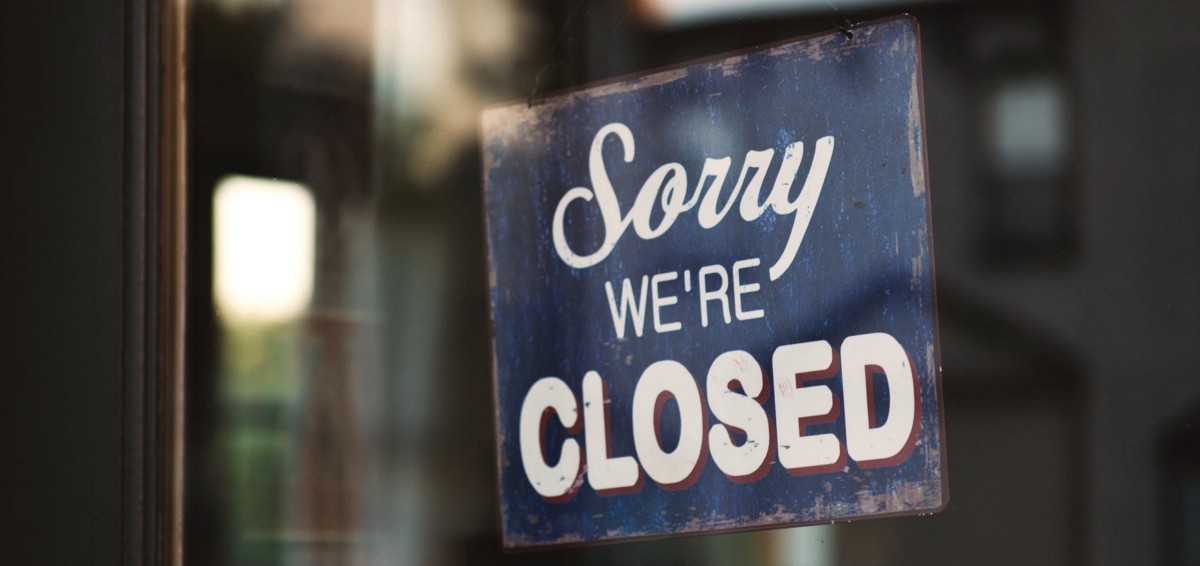
According to estimates, Australia currently has around 2.3 million small businesses. Sadly, one in three newly established small businesses in Australia fail in the first year, followed by two out of four by the end of the second year, and three out of four by the end of the fifth.
A recent study by the University of Technology, Sydney shows that the factors are frequently cited as the cause of business failure are poor financial management, bad management, bad record-keeping, issues with sales and marketing, issues with staffing, failure to seek outside counsel, general economic conditions, and personal factors.
As we dig deeper, we find, Accounting for 32% of all failures, financial mismanagement is the leading reason for business failure. Financial mismanagement refers to several problems, such as a lack of business experience, cash flow problems, starting with insufficient capital, excessive private draws, excessive credit utilisation, a lack of budgeting, and inadequate tax preparation.
Incompetent management is the reason why 15% of businesses fail. 12% of unsuccessful businesses had insufficient or wrong records and some of them don’t even have any case files or books.
11% of businesses fail due to inefficient sales and marketing issues. As Some of the severe problems in this group include a poor promotion, an inability to handle seasonal conditions, and inadequate competitor awareness.
According to another estimate, 9 % of businesses fail due to staffing issues and surprisingly, only 3 % of companies ignore external counsel when facing a crisis. Looking at the bigger perspective, 14% of failures refer to general economic conditions. While, 6 % of businesses fail due to personal reasons like divorce, illness, and changes in circumstances.
However, small businesses in Australia are crucial to the country’s economy since a robust small business sector is necessary for a prosperous economy and also indicates more employment prospects.
So, if you also have a great idea for a small business and have always wanted to be your own boss, then continue reading this article to learn about the mistakes to avoid in running a successful small business.
Some Interesting Facts About Australia Small Businesses
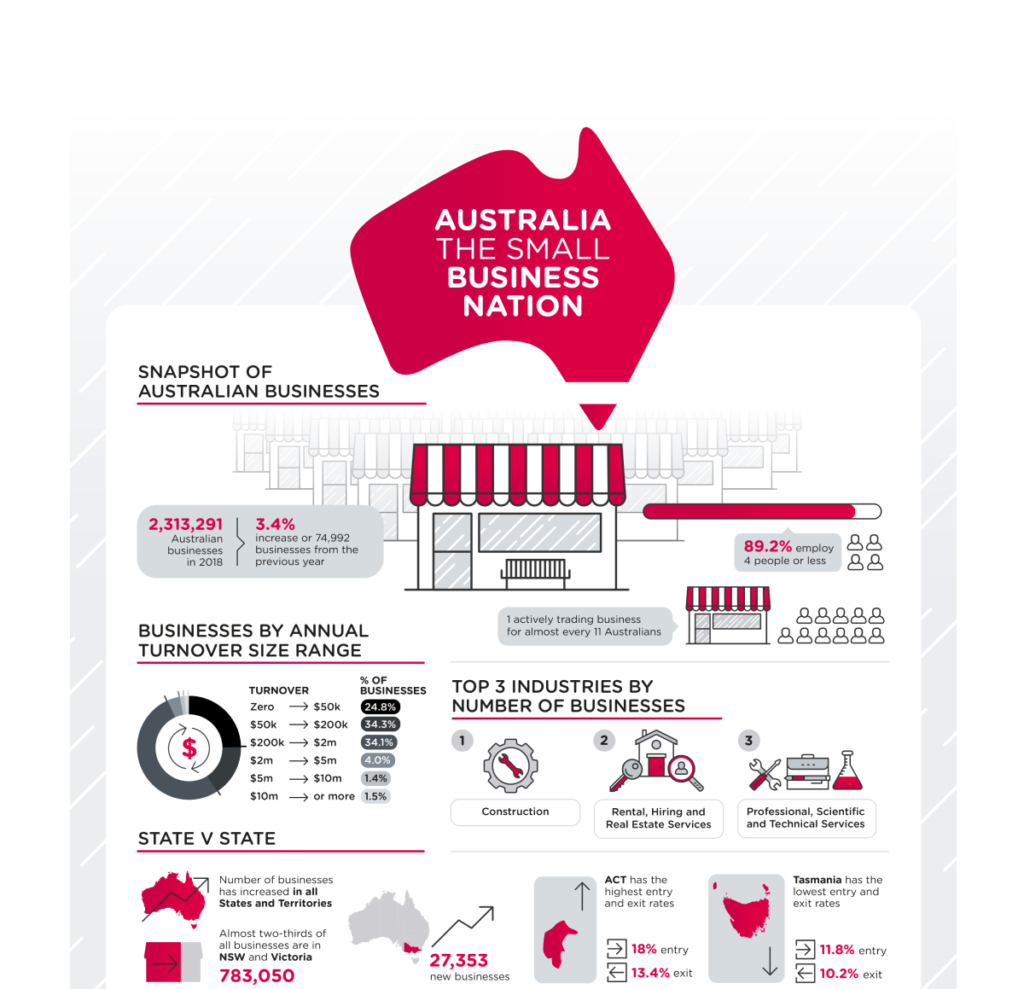
- A company that employs fewer than 20 people is considered a small business. They make up nearly 98% of all businesses.
- Australia’s small Business sector has been the fastest-growing sector, that aged between 45 and 59, 61% of small business owners.
- Australia’s gross domestic product is composed of 35% of small businesses (GDP).
- 44% of the workforce in Australia is employed by small businesses.
- The main industries employing people are farming, forestry, and fishing.
- The second-highest number of workers are employed by small rental, hiring, and real estate businesses.
- There are more apprentices and trainees than in any other industry, with construction ranking third in terms of employment.
Here are some typical reasons why small businesses in Australia tend to fail
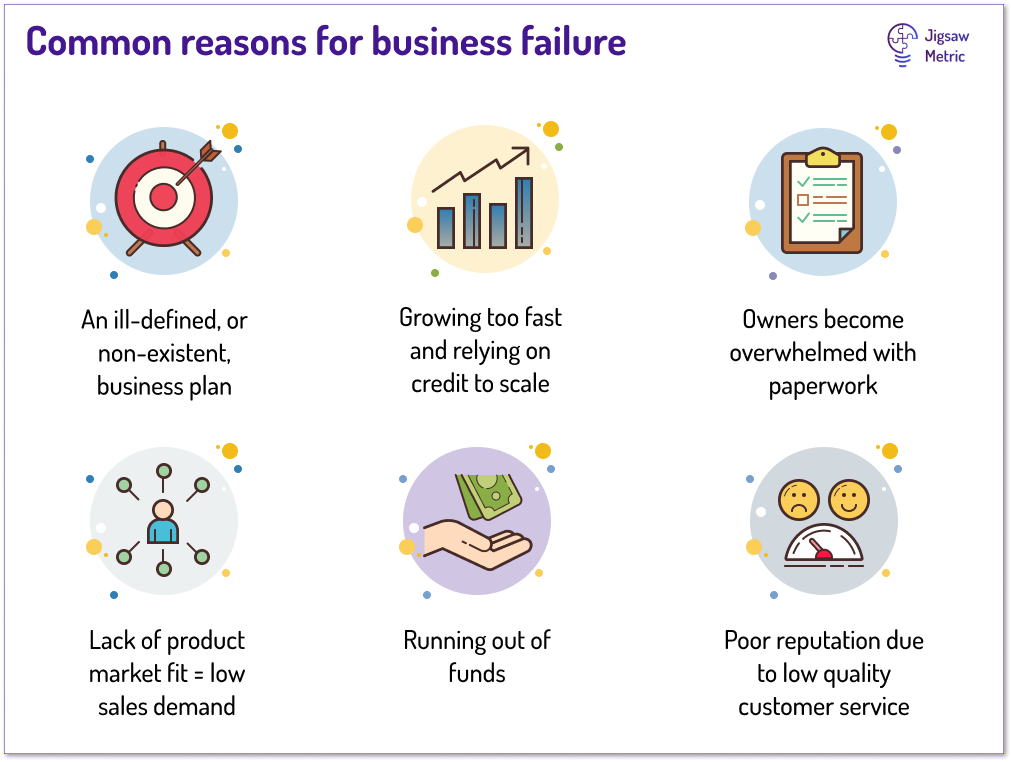
Insufficient Research

One of the most common reasons for new businesses failing is that there is no demand in the market for their goods or services. Knowing who your competitors are, who your target audience is, and what will motivate them to do business with you are some of the most important first steps you need to take when you are setting up a business. Other important first steps include researching everything about the current market and the current and future trends in your industry.
Not Having a Proper Business Plan
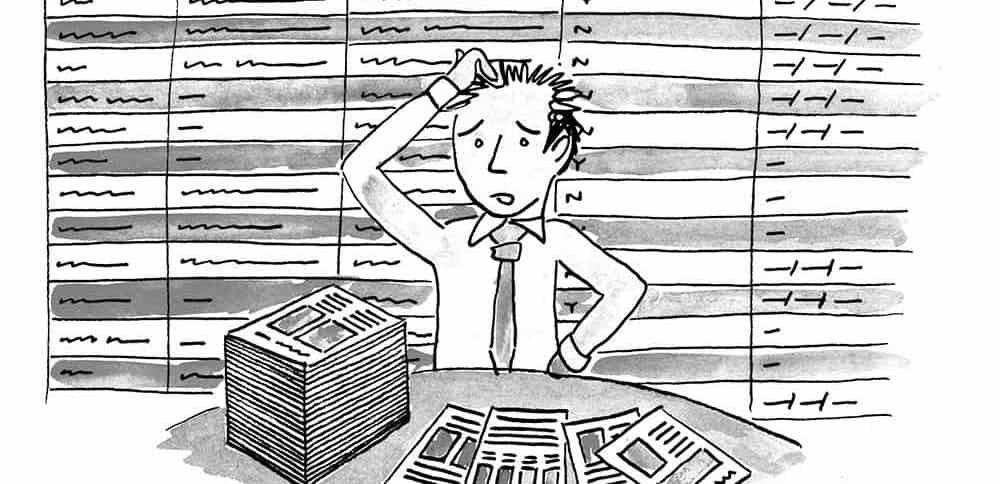
A strong business plan may help you decide the direction of your business, an action plan to help you achieve your goals, and get the capital you need to start or grow your business. However, failing to have a plan exposes your organisation to mismanagement, which is one of the most common reasons for small business failure. A business plan can also help you stay organised and on task.
Lacking the Necessary Business Financing
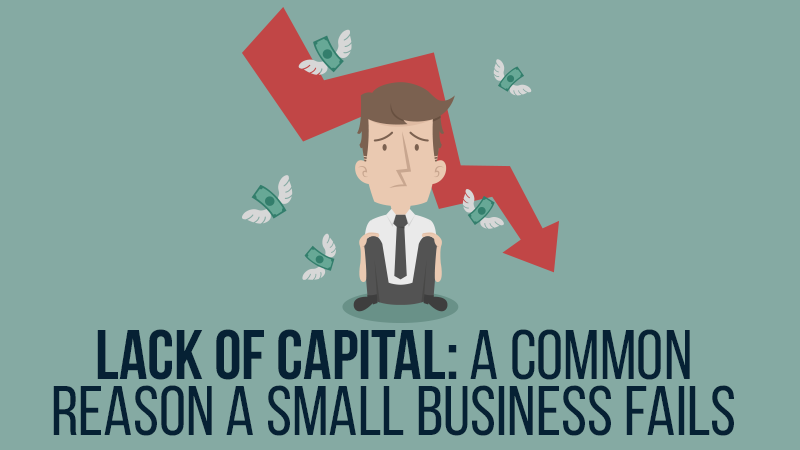
Many small business entrepreneurs fall into the trap of running out of money or not realising the costs associated with starting and maintaining a business. The truth is that not every owner of a small business has the resources to pay the startup fees of a new venture. Therefore, you should incorporate the fixed and variable expenditures associated with starting your business while creating your business plan.
Remember that money is king at all times. It is crucial to bargaining in all areas of your organisation because cash flow problems can cause even profitable companies to fail. Avoid making customers wait too long to pay for your goods and services, and always work to negotiate payment terms with your suppliers that meet the expectations and requirements of your business in terms of cash flow.
Poor Marketing

You have a serious issue on your hands if all of your capital is going towards product development and none is left over for marketing.
A good marketing strategy will strike the right balance between acquiring new customers (new customer acquisition), and cultivating a base of devoted existing customers, depending on the nature of your business and who your target audience is (retention).
Achieving the balance between “conventional” offline marketing operations (including advertising, direct mail, letterbox drops, local area marketing, posters and flyers, and business-to-business marketing) and online marketing (including having a website for your business and using social media for business pages to target your audience) can be challenging sometimes. If marketing isn’t your expertise, engage an experienced marketer or hire a marketing firm. However, whatever you decide, be sure it has a track record of success in your sector.
Failing to Keep Up with New Market Demands or Trends

Building a loyal customer base requires an understanding of your target audience and knowing how to relate with them. To make sure that you stay on top of your client’s needs, you must also have strategies in place. You run the danger of losing those loyal customers to your competitors if you don’t understand what they want from you (via customer feedback surveys, watching and responding to comments on your social media business pages, and just plain talking to your customers).
Speaking of rivals, if they are outperforming you and you run the risk of losing out on sales, you should also keep an eye on what they are doing to keep up with the new trends. So, don’t forget to check out these Australian small business trends in 2022.
Limited Experience

Without a doubt, this is among the most common reasons for a small business to fail in its first year of operation. Lack of planning and poor business analysis reduces the chances of success for inexperienced business owners. If your business doesn’t have enough funding, the problem will get worse.. Everything will collapse if one of these elements breaks down.
Poor Location

This is just another death sentence for small businesses that depend majorly on foot traffic. As a result, small firms that are not located in metropolitan cores or other regions with heavy traffic or densities of people are more likely to declare bankruptcy than those that are more well-known to the general public.
Poor Financial Management

33% of business failures in 2020 were attributed to inadequate financial control, according to reports from external administrators. Financial troubles arise quickly from improper small business finance management and bad credit arrangements, particularly when sales are lower than expected.
Inability to Adapt

Like in life, things don’t always go according to plan in small businesses. It’s inevitable that your business will encounter obstacles along the way, whether it’s responding to shifting trends within your industry, unforeseen occurrences (like the COVID-19 pandemic or natural disasters), the impact of broader economic issues (such as changes to interest rates, government assistance and support), or even changes to your personal situation (due to illness or other challenges). To survive, you might need to change course from a bad hire, an unwise business decision, or an incorrect product or service. The most crucial thing in this situation is to keep aware of what is occurring both inside and outside of your company and to be prepared to react – quickly!
Failing to Recruit and Keep the Correct Personnel

Hiring, managing, and keeping employees is one of the main difficulties small business owners confront. In the long term, it will be beneficial for you to build a varied workforce with complementary skill sets, the proper attitude, and values that are in line with your company. It’s crucial to not only find the proper candidates but also foster an environment at work that encourages long-term employment.
How Many Small Businesses in Australia Are Successful?
You may have heard different reports about how many businesses fail in Australia. Some websites claim that 97% of small businesses in Australia fail. Others claim that the success rates far outweigh the failure rates. Given this, how can you know the truth if you’re thinking about starting your own business?
You now have a better understanding of the facts thanks to the information we gathered from government sources about the success rates of Australian small businesses.
According to the Australian Small Business and Family business Ombudsman’s July 2019 report, a business’ survival percentage increases with size. The success percentage of 0–19 employee small businesses is 59.7%. Businesses with between 20 and 199 employees succeed at a rate of 75.8%.
This is consistent with a previous Australian Bureau of Statistics analysis that found that from 2010 to 2014, the survival percentage for small businesses with no employees was 56%. The percentage rose to 68% for companies with 1-4 employees.
Small businesses in Australia are still less successful than larger corporations on a percentage basis. These figures, however, are not so horrifying that they should utterly discourage businesspeople who want to pursue their aspirations. Having your own small business may, after all, be incredibly satisfying and indeed this is the time to prepare for small business.
The post Why Australian Small Businesses Are Failing In Early Stages appeared first on TheAussieway.
]]>